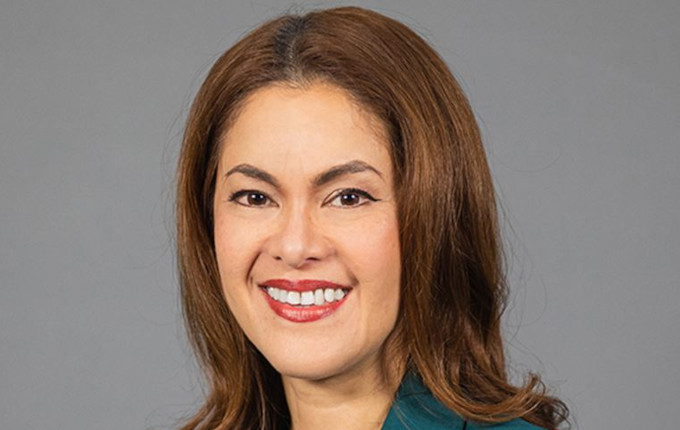UniSuper has increased its focus on private equity, as the fund has made more direct investments. Florence Chong speaks with Sandra Lee about UniSuper's approach to this sector
Register to Access this Exclusive [i3] Insights Article
Create a free account to access exclusive interviews with asset owners, revealing insights on investment strategies, market trends, and portfolio allocations.
If you already have an account you can Login .
If you have any issues registering an account please send us an email at [email protected].


